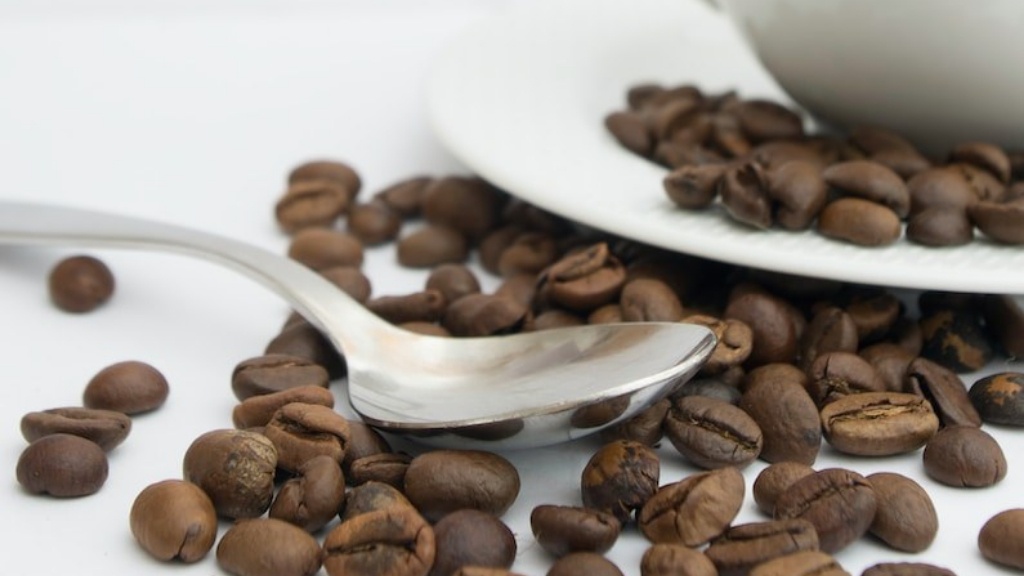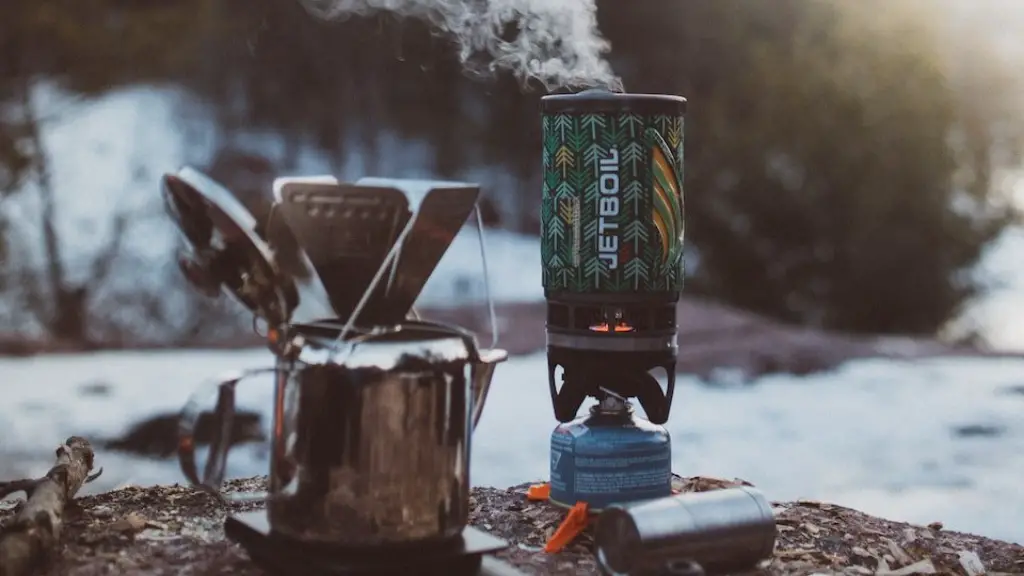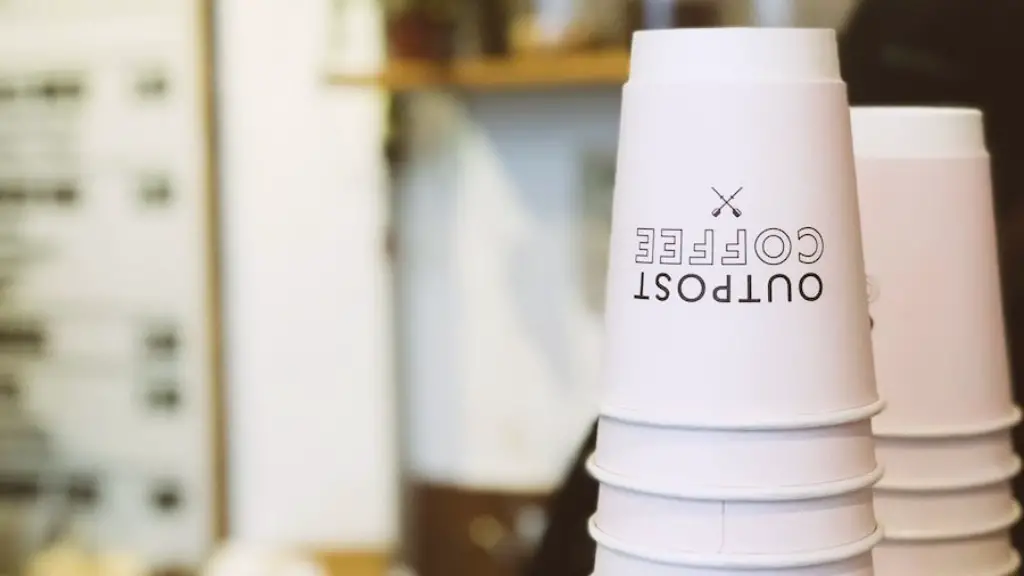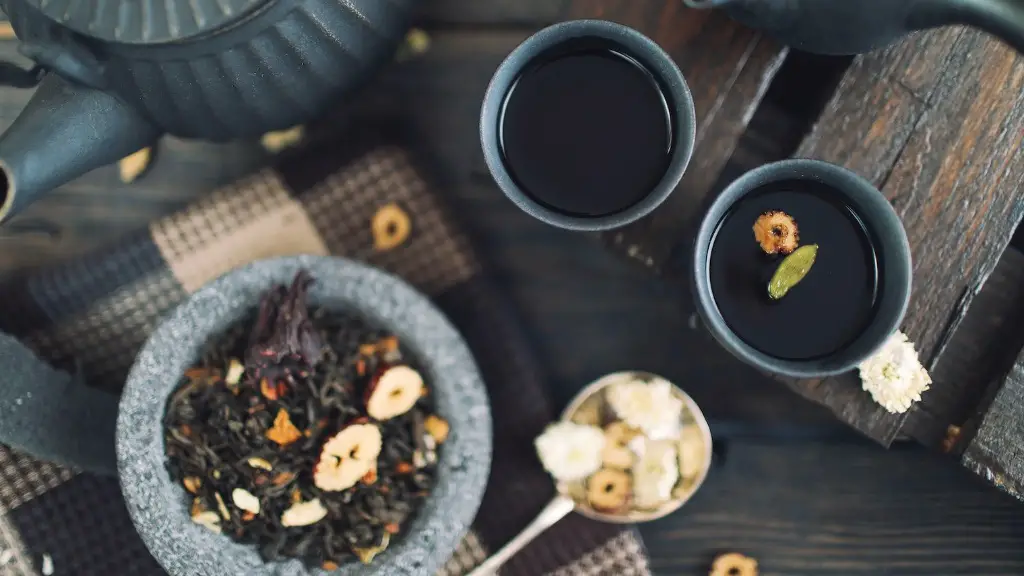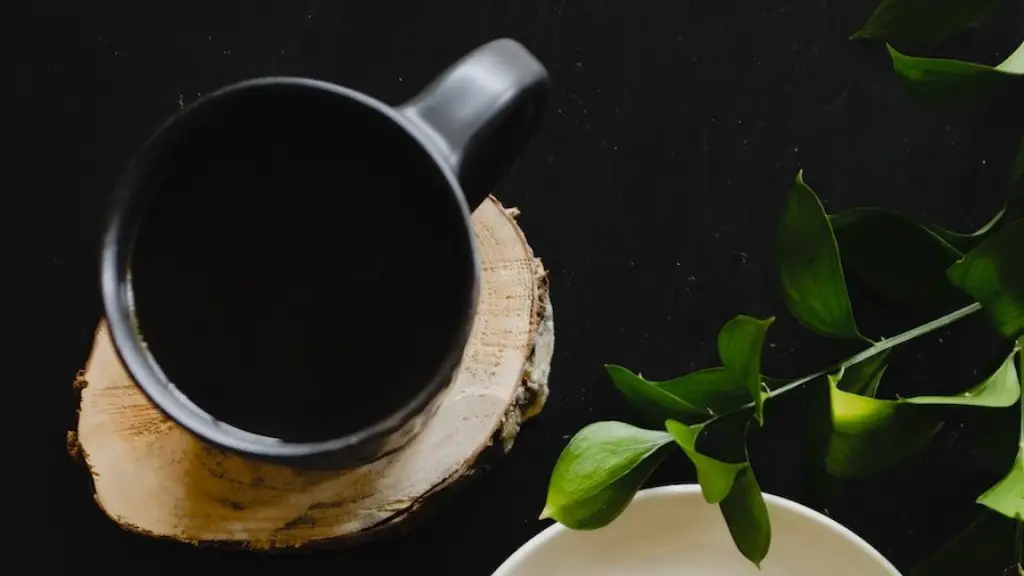It’s conventional wisdom that days-old coffee is undrinkable. Coffee often gets put in the same category as dairy, where being “out of date” equals being dangerous. But, is it really that bad to drink last week’s leftover coffee?
The truth is that bad coffee — whether old or fresh — tastes similarly unpleasant. But, it’s important to point out that this does not mean old coffee is necessarily bad for you. It’s understandable to be wary about its safety, especially if it’s been left out of the fridge, but the risk is low.
According to scientists, nothing pathogenic can grow in unrefrigerated coffee and that includes so-called “bad” organisms. The prolonged exposure to air will cause the flavor to break down, but bacteria won’t be able to gain a foothold.
“The acidity of coffee does not allow for the growth of any bacteria,” says professor of food science and nutrition at the University of California, Dr. David Kitts. “The storage of coffee is dependent on the amount of moisture contained in it.”
In addition, the levels of caffeine in old coffee are usually reduced but still potent enough to trigger its desired effect. “Caffeine is a relatively stable molecule that holds up over time,” says Kitts.
All this being said, that doesn’t necessarily mean you should start drinking day-old coffee on the daily. Bacteria and mold can still develop in older coffee when stored incorrectly thus making it bad to consume over a long period of time. If you plan on brewing more coffee than what you can drink in one day, it’s important to store it in an airtight and waterproof container and to keep it either in the refrigerator or somewhere cool and dry.
Does Bread Get Moldy When Exposed to Coffee?
Pity the poor piece of bread that’s been exposed to old coffee. As gross as it may sound, there is, in fact, a risk of mold in the combination of the two. According to Dr. Kitts, mold can grow in old coffee if it contains sugar or milk. He explains: “Mold develops depending on the ingredients or liquid that’s added to the coffee. If the entire wheat bread is exposed to moldy coffee, then the likelihood of mold growth increases exponentially.”
Therefore, it is recommended that you avoid pouring old coffee on your breakfast. The acidity of coffee may help slow down the process of mold growth on the bread, but it’s no substitute for ensuring that coffee is stored correctly. In other words, if you’re worried about mold showing up in your morning toast, storing your coffee correctly is the best way to prevent that.
Is It Safe to Reheat Old Coffee?
Now that you know the truth about old coffee, the next question that comes to mind is whether it is safe to reheat it or not. Many people are concerned that reheating old coffee may cause bacteria to grow; however, this is not likely to happen as long as the coffee was stored correctly.
If you do decide to reheat old coffee, make sure to check it for signs of spoilage such as a sour smell or off-flavor before doing so. It’s also important to make sure that you don’t reheat the same coffee more than once, as this can lead to bacterial growth. Finally, make sure to check the temperature of the coffee before drinking it, as it should be at least 160 degrees Fahrenheit.
Will Old Coffee Taste Bitter?
Yes, old coffee will tend to have a more bitter taste than freshly brewed cups. This is due to the fact that over time, compounds in the coffee break down and evaporate, making it less flavorful. Cold brews, on the other hand, tend to retain their flavor much better, as they are made without hot water and without the application of heat.
Furthermore, the acidity of coffee can also contribute to its increased bitterness over time. This happens because the acidic compounds in the beverage can be destabilized by the passage of oxygen, turning the coffee into an unpleasant drinkable version of vinegar.
Should You Avoid Drinking Old Coffee?
Not necessarily. As Dr. Kitts explains, “It’s important to remember that coffee is a natural product and it will eventually become stale and develop off-flavors”. The key to enjoying good coffee is to make sure it’s stored correctly, and if you can do that, there’s no reason why drinking the odd cup of old coffee should be an issue.
Additionally, cold-brews tend to last a lot longer than hot coffees, so if you’re concerned about the taste of old coffee, you can always opt for a cold-brew option. The slow brewing process yields a smooth and sweet beverage that lasts for weeks in the fridge.
What Are the Risks of Drinking Old Coffee?
The main risk associated with drinking old coffee is the potential for it to taste bad. As mentioned, this is due to the breakdown of the flavor compounds over time, making the beverage more acidic and less enjoyable.
In terms of health risks, the likelihood of consuming unhealthy bacteria through old coffee is very low. As long as the coffee has been stored correctly, it should still be drinkable. In other words, as long as you keep your coffee in an airtight container and store it in the fridge or somewhere cool and dry, it should be safe to drink.
What Are the Potential Benefits of Drinking Old Coffee?
Although there are some potential risks associated with drinking old coffee, there are also some potential benefits. Drinking old coffee could help reduce the bitter taste of the brew, as the acids can decline with time. This is why it may actually be beneficial to leave the coffee brewed longer than is recommended.
Additionally, cold-brew coffee is made with room temperature water and will keep for weeks, meaning you don’t have to worry about drinking bad coffee. This makes it a popular choice for those who don’t have time to brew fresh coffee each day.
How Do You Know When to Ditch Your Old Coffee?
If you’ve stored your coffee correctly, then it should still taste pretty good after several days. Beyond that, it starts to decline in flavor, so you’ll want to discard that batch and make a fresh one.
It is also advisable to check the temperature and smell of your coffee regularly, as this can be an indication of how fresh or old it is. Coffee that smells or tastes sour or has a strange color or consistency should be discarded immediately, as it may have been exposed to bacterial or mold growth.
Can You Use Old Coffee Grounds?
Yes, you can use old coffee grounds in a variety of ways. You can use them as a base for a compost pile, put them in a jar of water to create a natural fertilizer for houseplants, or use them to make a nice smelling room freshener.
In addition, old coffee grounds can also be used for various beauty purposes, including exfoliating, cleaning teeth, and even treating acne. So, if you have some old coffee grounds lying around, don’t throw them away — use them for something else!
